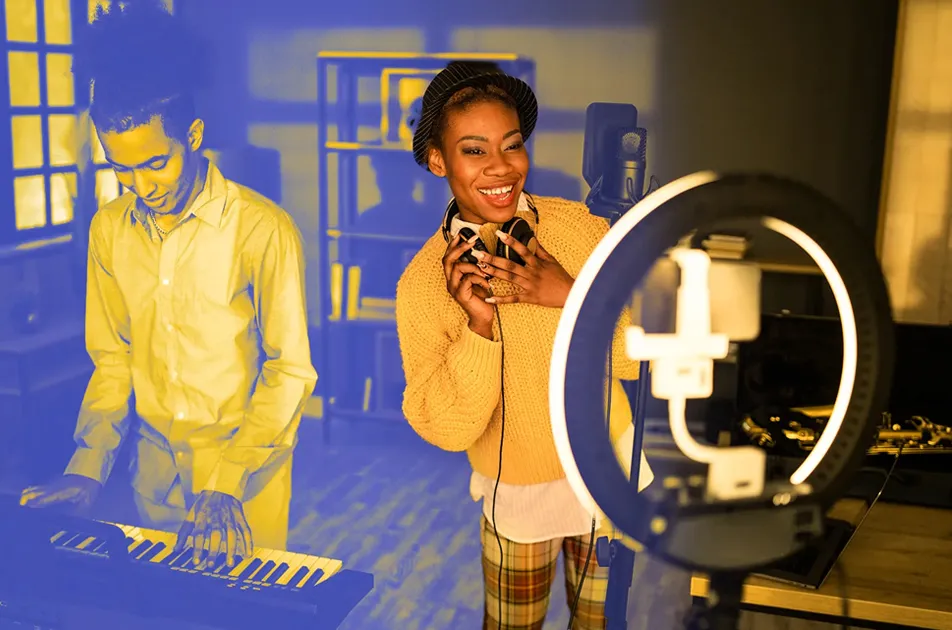When top music industry analyst Mark Mulligan of MIDiA look at the end of 2021, he sees two distinct business trends. One is focused on monetizing the past and the other on empowering the future.
By Mark Mulligan of MIDiA and the Music Industry blog
2021 was another year in which capital continued to flow into the music business at pace. Two deals that got over the line before year end have shone an interesting light on the differing strategies that are underpinning this investment: Bruce Springsteen sold his catalogue to Sony Music for between $500-550 million, while BandLab raised $53 million against a valuation of $303 million. These two deals represent the opposite ends of music industry investment in 2021.
The Bruce Springsteen catalogue deal reflects the continuing surge in music catalogues as an asset class, with the total value of deals set to far exceed the $4.7 billion that was invested in 2019. The bulk of this investment has been driven by large, institutional investors, such as Private Equity (PE) and pension funds, as well as publishers and labels – many of whom have raised capital specifically to acquire catalogues. Big institutional money is rarely focused on high-risk opportunities, but, instead, often on low-risk, predictable revenue drivers. Music catalogue falls into this category. So, a bet on catalogues is a safe(ish) bet on today’s music business.
“a bet that the future of the music business will increasingly be shaped by creators”
In contrast, the investment in creator tools company, Bandlab, reflects a bet on tomorrow’s music business – including investment from venture firm K3 Ventures. Today’s music business is dominated by music rights and by music rightsholders. A growing trend among investors (both venture and later stage) is making a bet that the future of the music business will increasingly be shaped by creators.
So, we have a situation where big, safer bets are being made on rights, and riskier, bolder bets are being made on creators. There is little irony in the fact that if the riskier bets pay off then they could reduce the value of the safer bets, thus increasing the risk profile of those safe bets. Still with me?
BandLab’s $53 million investment reflected a 17% stake (based on the $303 million valuation). To acquire 17% of the $500 million Bruce Springsteen catalogue, it would cost $83 million (if it was available for purchase, of course). This means that there is effectively a 60% premium on investing in yesterday’s (proven) music business, versus tomorrow’s (unproven) music business.
Such is the nature of venture vs later-stage investments – and there are good arguments as to why this is not an apples-to-apples comparison – but it is nonetheless a useful lens through which to reflect on the music business at the end of 2021: the big money is banking on things staying the same, the riskier money is banking on things changing. Draw your own conclusions…





